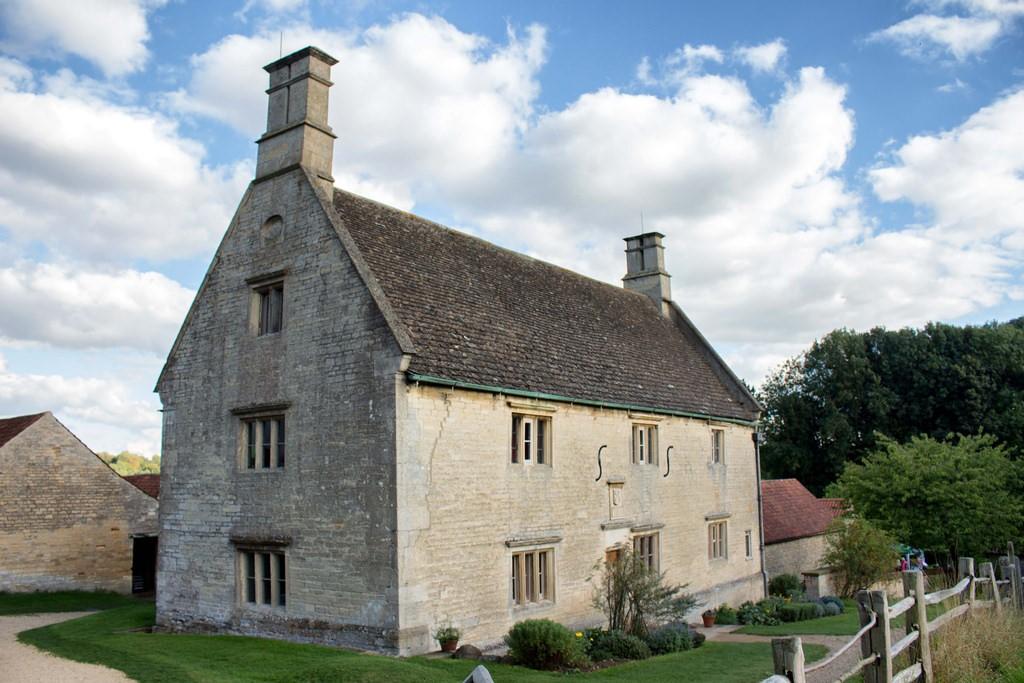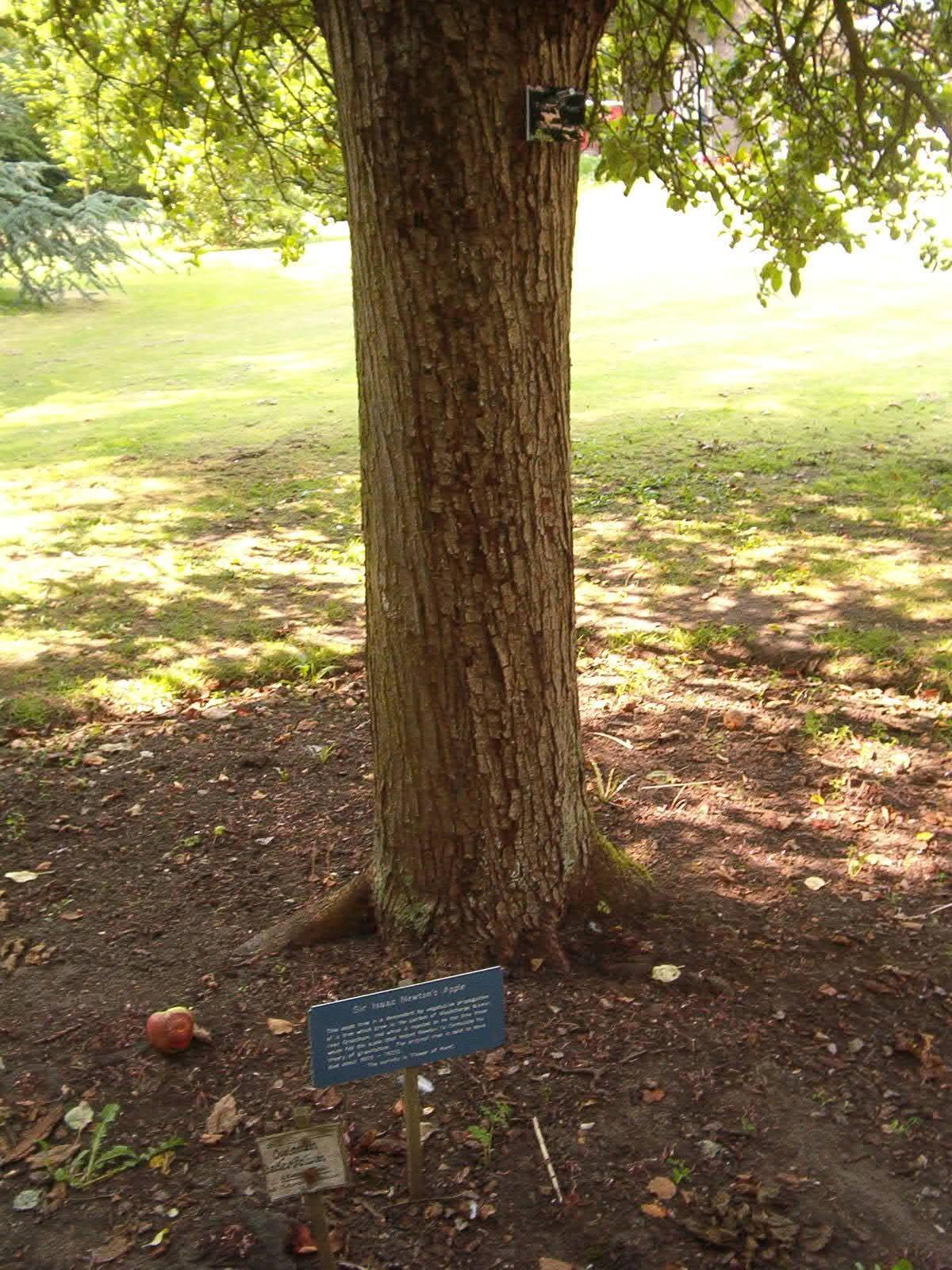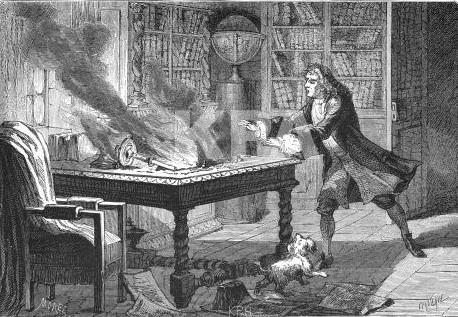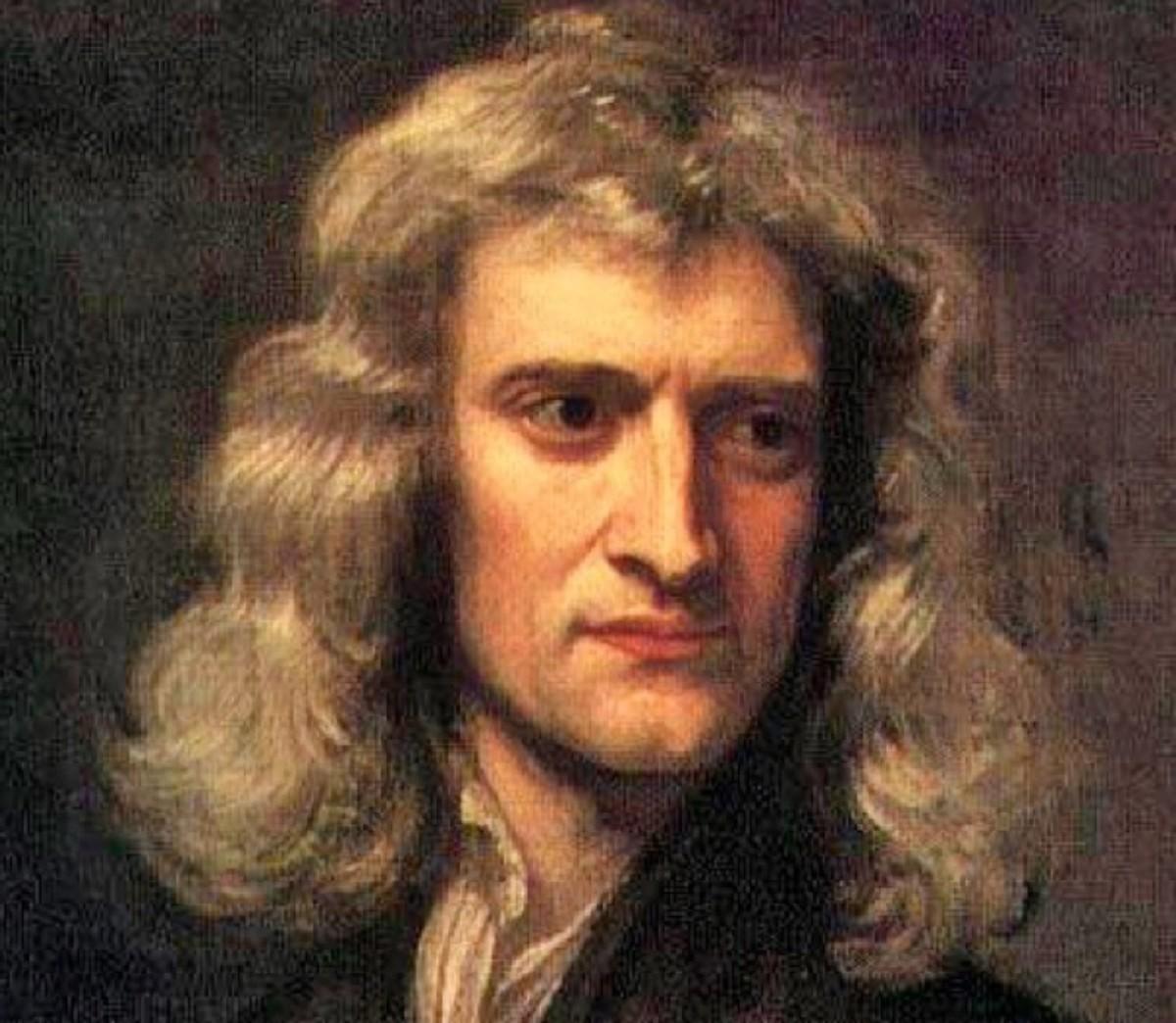To every action, there is an opposite and equal reaction. Sir Isaac Newton
It is a no-brainer that Sir Isaac Newton established himself in the field of science. However, Sir Isaac Newton is also one of the scientists who triggered a paradigm shift by changing our attitudes toward mathematics as well. We have Sir Isaac Newton to thank for the field of mathematics that we call calculus today.
While you may argue that Sir Isaac Newton was a genius who basically sailed smoothly throughout his life, you are sadly wrong. How Sir Isaac Newton came to his mathematical discovery is on its own a tale that proves that his road to calculus was also met by continuous change just as calculus is known to study continuous change.
Was Sir Isaac Newton the only prominent mathematician from the past? Well, not at all! It was not only Sir Isaac Newton who introduced us to concepts and sections in mathematics that we study today.
Do you know the Pythagoras theorem? Well, Pythagoras was also a mathematician who made his impact on mathematics.

The Early Life of Sir Isaac Newton
It is difficult to discuss how Sir Isaac Newton came to develop the field of mathematics called calculus without looking at his early life and what led him to the discovery.
If I have seen more than others, it is by standing upon the shoulders of giants. Sir Isaac Newton
Well, Sir Isaac Newton's quote sounds apt as his discovery of calculus did come about due to the fact that studies at university were dominated by the philosophies of mathematicians or those giants who made ginormous discoveries in mathematics before Newton.
Sir Isaac Newton was born in Lincolnshire on the 4th of January 1643. His father passed away, and his mother chose to remarry leaving Newton solely in the care of his grandparents.

Newton, like any other kid, had a curious streak and was always interested in making new discoveries. It was, however, Newton's time at college in Cambridge that allowed him to make his core discoveries.
While they often say that curiousity killed the cat, Newton was one such mathematician that proved curiousity yields the best possible results.
Newton actually wanted to study law, however, the university focused solely on the theories of many mathematicians. As a result, Newton started studying the theories of prior mathematicians. Newton went a step further and recorded his notes based on all the theories of mathematicians in a book called, "Quaestiones Quaedam Philosophicae"
Newton chose to study mathematical theories proposed by Descartes and Wallis. It is clear to say, Newton made the most remarkable discoveries when the plague struck England in 1665.
Isaac Newton's Contribution to Mathematics
While we can applaud Newton, before everything else, for his research on the gravitation force, particularly because he is known for his observations in the orchard where apples always fell off the tree. It was in observing apples that was the very moment when he understood there was a force of attraction under which the apple had been subjected to and that developed his law of gravity.
While Newton is known for his research on apples, he should also be known for his research on numbers. When Newton returned to Lincolnshire during the plague, it took him two years to make considerable calculus discoveries. This is when Sir Isaac Newton put down his views of integral calculus.
While you would expect this to be the moment he was crowned for his great discoveries, Newton was the type of person who feared criticism above all else. In this regard, he found it very daunting to publish his work and have it exposed to critics.
So, while Isaac Newton rather confidently made discoveries, he was far less confident to share his discoveries with all.

He did, however, create a book entitled, "Principia," which we know call, "A Book Dense with the Theory and Application of the Infinitesimal Calculus."
What was written in Newton's book on Calculus?

Fundamental Theorem of Calculus
Let us not forget Newton's capabilities as a mathematician. His books like, "A Book Dense with the Theory and Application of the Infinitesimal Calculus," prove that he had his foot in the door when it came to the field of mathematics too.
Newton discovered that while it was ever so easy to calculate the average slope of a curve, the slope of a curve is constantly varying. Since the slope of a curve is always varying, there is no set way of determining what the slope of a curve is at any given point in time. It was this discovery that allowed Newton to come up with the derivative function f ' (x) which gives the value of the slope at any given point on the function.
When you calculate the value of a point on the slope using the derivative function, we call this differential calculus.
You can thus apply differential calculus when doing mathematical calculations like that of:
- Percentage change of quantities
- Inclination of curves on a given point
- Calculating minimum and maximum values of functions
- Calculating the areas comprising of curves
While it was Newton that made it easier for us to determine the slope of a curve at any given point of the curve, Newton also discovered something that he called the Method of Fluents.
The Method of Fluents is considered to be the opposite of differentiated calculus. Another name given to the opposite of differentiated calculus is integration calculus.
Overall, integration calculus, according to Newton, is the inverse of differentiated calculus.
Did you enjoy finding out more about Newton's work?
If you enjoyed discovering all about Newton's theories, you will surely enjoy learning how Archimedes made a contribution to the field of mathematics as well.
The most famous of all mathematicians is Euclid. Undeniably you would be interested to learn all about the work of Euclid, and you will certainly experience much joy discovering how Euclidean Geometry came about.
Discoveries of Isaac Newton
While Newton is created for his work on differentiated calculus and integration calculus, he is also the person responsible for developing the generalised binomial theorem.
Perhaps calculus was not the only field of mathematics that Sir Isaac Newton should be known for. He should be known for his work on algebra as well.
As such, he developed the generalised binomial theorem, which is used to describe the expansion of powers of a binomial (an algebraic expression with two terms).
He may have also been one of the first mathematicians to explore the idea of using fractional exponents to derive solutions.
Sir Isaac Newton may not have been given enough credit for his work in mathematics, but he was given much credit for his contribution to science.
He challenged almost everything told to him and as such he was able to realise that light of the sun transformed itself into several different rays of light reflecting various colours. To make this observation, Newton used a transparent prism and exposed it to the rays of the sun. During these experiments, he began to understand that the light of the sun transformed itself into many rays of light of all different colours. He called this a “spectrum.”
Perhaps all this math and science jargon has made you want to explore both fields further. Luckily, you can always reach out to a Superprof science or mathematics teacher to make your science and math journey much more fun.

Yes, Newton was known for leaving his mark on the field of optics as well, but perhaps, you can be known for making a mark in the mathematics field too.
Learning and discovering becomes easier with the help of a strong-willed online maths tutor who is just as enthusiastic about making mathematical discoveries as you are.
If you're interested in finding out the history behind other math principles, check out all we have to say about the ancient Greek philosopher and mathematician Thales.
Lessons We Can Take from Newton
Newton also explored the function of telescopes. Looking into the life and work of Newton, we can discover many vital lessons from him.
Discoveries do not happen overnight; it may take the entire duration of a plague to make a discovery. Newton was one philosopher and mathematician that taught us to think while exercising patience.
Patience during discoveries and when working on the work of other mathematicians is what led Newton to make his key discoveries. Newton's discoveries happened over years.
Discoveries can happen in the most unlikely places. If Newton discovered the theory of gravity in an apple orchard, we cannot underestimate any place. Every place can be the right place for making discoveries of our own. Even the boring classroom can perhaps be the right place to make an incredible discovery. Perhaps you need to find a place where you think you may make a discovery and patiently wait for the moment when you will discover something.
Newton taught us to run after new knowledge. Newton didn't stop at studying law. He realised his university was dominated by the theories of other mathematicians and he ran after all the knowledge that he could find about the theories of these core mathematicians. In doing so, he discovered his own mathematical theories.
All in all, if you are interested in learning more about the famous mathematicians in history, refer to our guide!
From Newton we learnt that every action has an opposite and equal reaction. In that like, take action and invest in your studies and see what the core reaction may be.
Summarise with AI:















